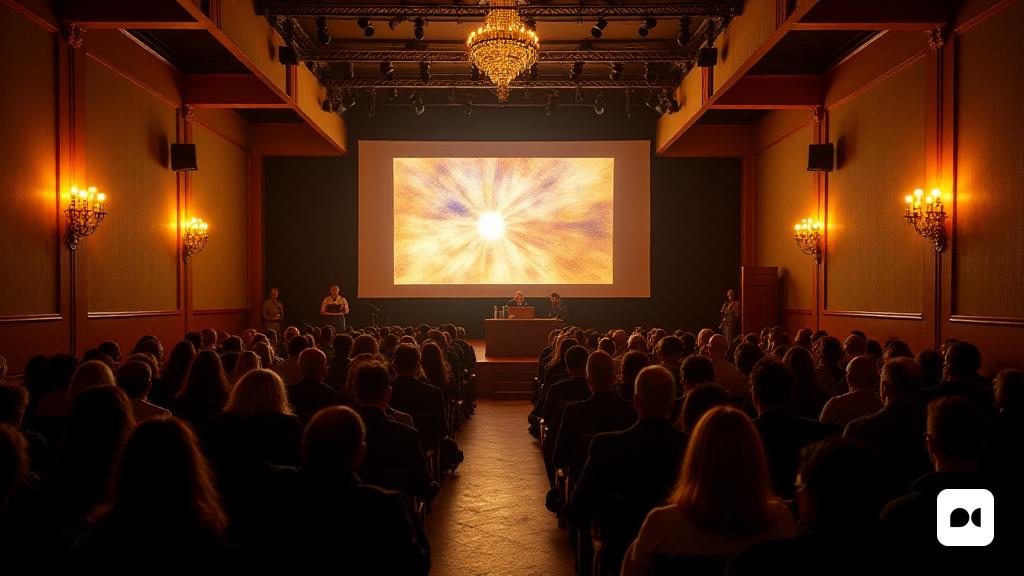Closing of a memorable edition
On Saturday, November 30, the Auditorium of the United Evangelical Church of Terrassa was the setting for the closing of the 21st edition of the Spiritual Film Festival. This event brought together prominent figures from the institutional world, including the Minister of Justice and Democratic Quality, Ramon Espadaler, as well as the Director General of Religious Affairs, Ramon Bassas, and the Councilor for Religious Affairs of the Terrassa City Council, Montserrat Caupena.
A resounding success in participation
In this edition, the Festival has registered exceptional figures: 95 screenings, 81 presenters and the collaboration of 35 municipalities. This figure not only highlights its importance as a cultural event, but also positions it as a forum for reflection on fundamental values such as respect, coexistence and dialogue between different beliefs.
Reflections on spirituality
During the event, Espadaler pointed out that spirituality is a vehicle for the dissemination of positive values in society, such as mutual understanding and acceptance of diversity. He stressed that the Mostra has been a key platform for the last twenty-one years to promote a more equitable and united society.
Innovations in programming
One of the most notable new features of this edition has been the expansion of the formats presented. An example of this is the preview of the docuseries ‘Els Pastorets del dret i del revés’, which will be available on local television in Catalonia during Christmas. The presentation of this series, held on November 22, brought together around 300 attendees for a special screening of the first two episodes.
Catalan productions at the gathering
This year’s program also included six Catalan productions, including ‘The Burning Cold’ by Santi Trullenque and ‘The Flame That Never Goes Out’ by Carles Couso. ‘The Burning Cold’ was screened in six theaters, establishing itself as the most-watched film at the Festival.
Looking to the future
With the closing of this edition, the Spiritual Cinema Festival positions itself as an essential tool for fostering social cohesion and respect between cultures. Its influence extends across diverse communities, including those in penitentiary and juvenile justice centers, demonstrating that cinema can be a powerful instrument of social transformation.

